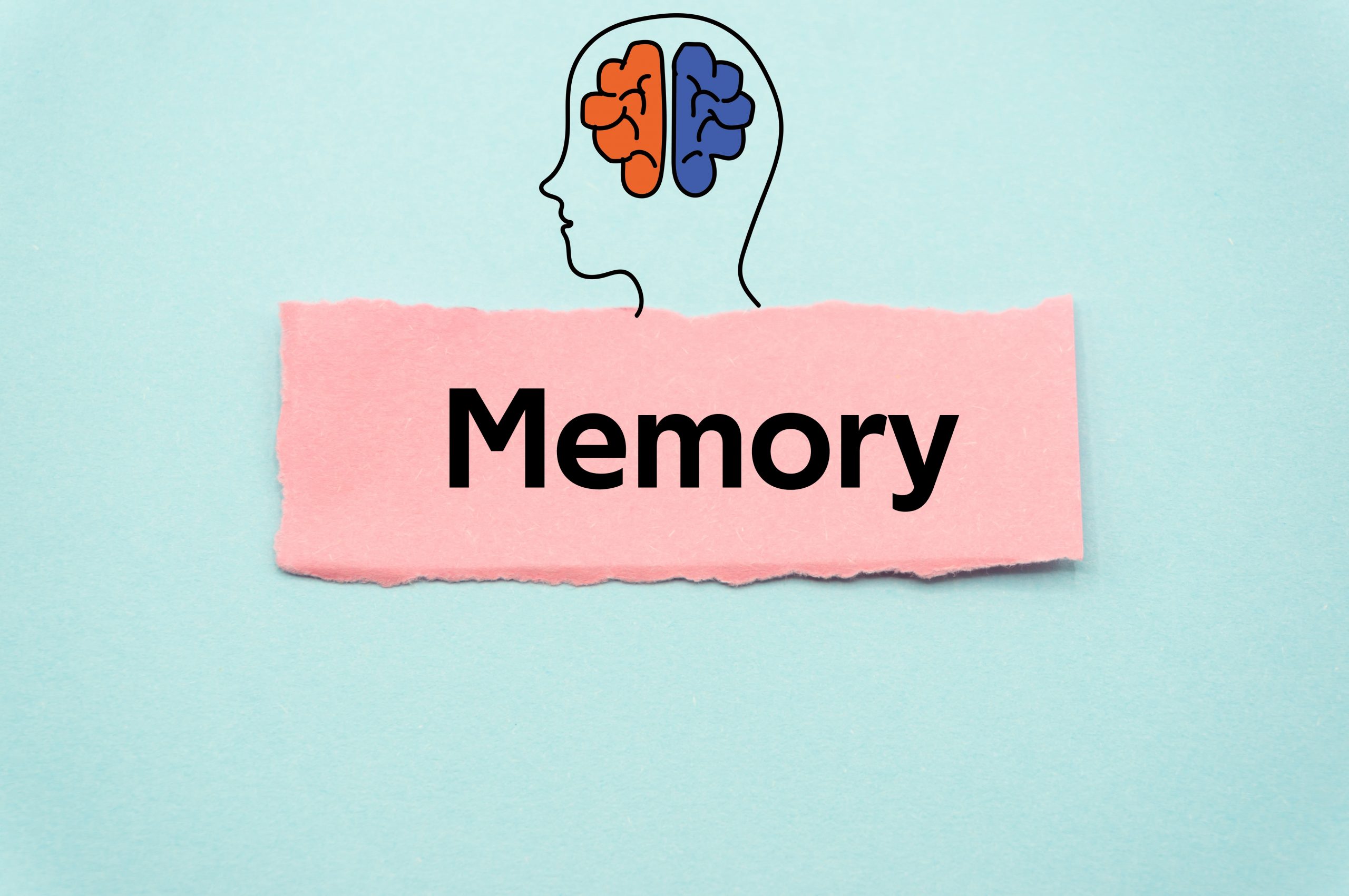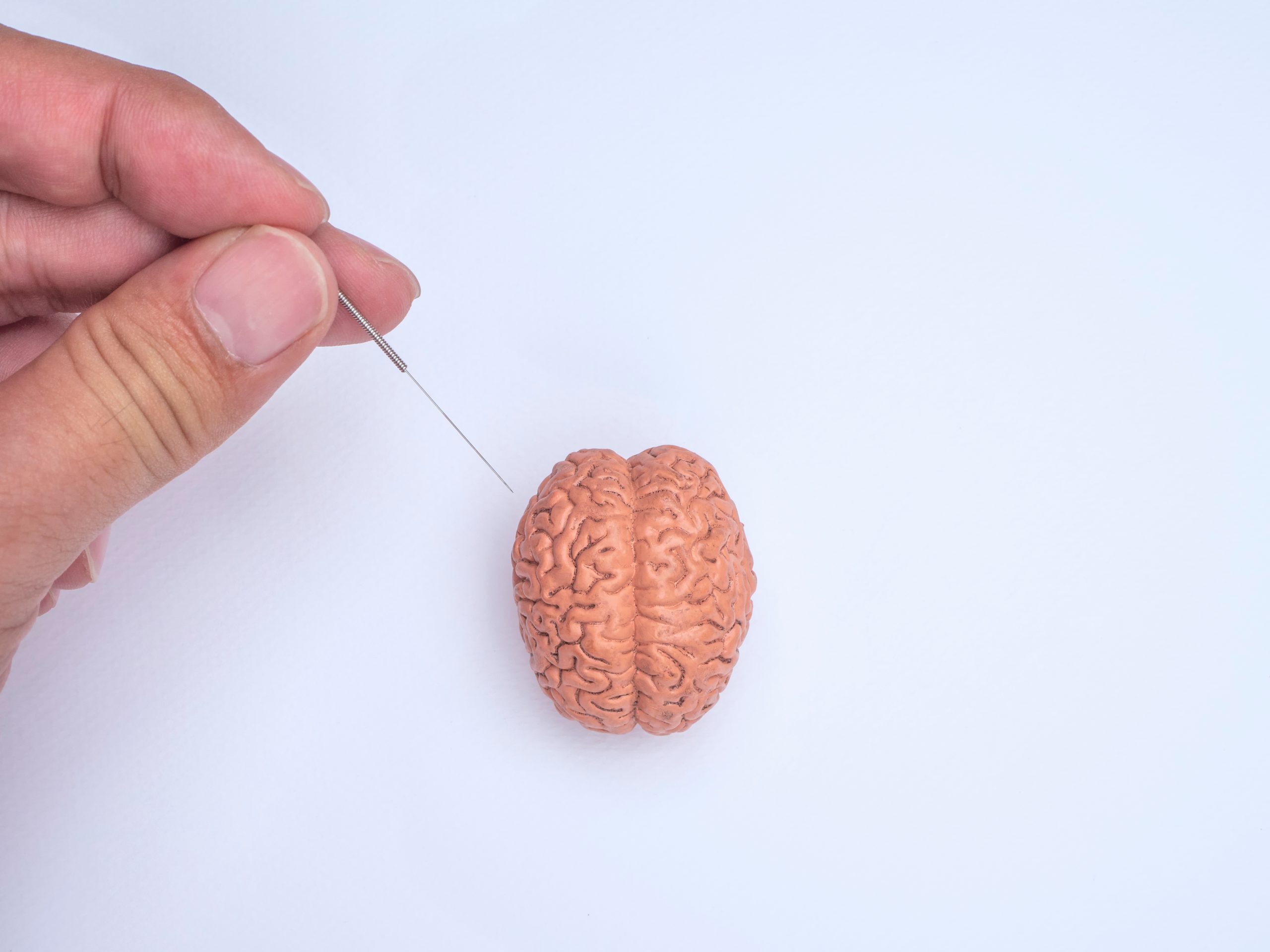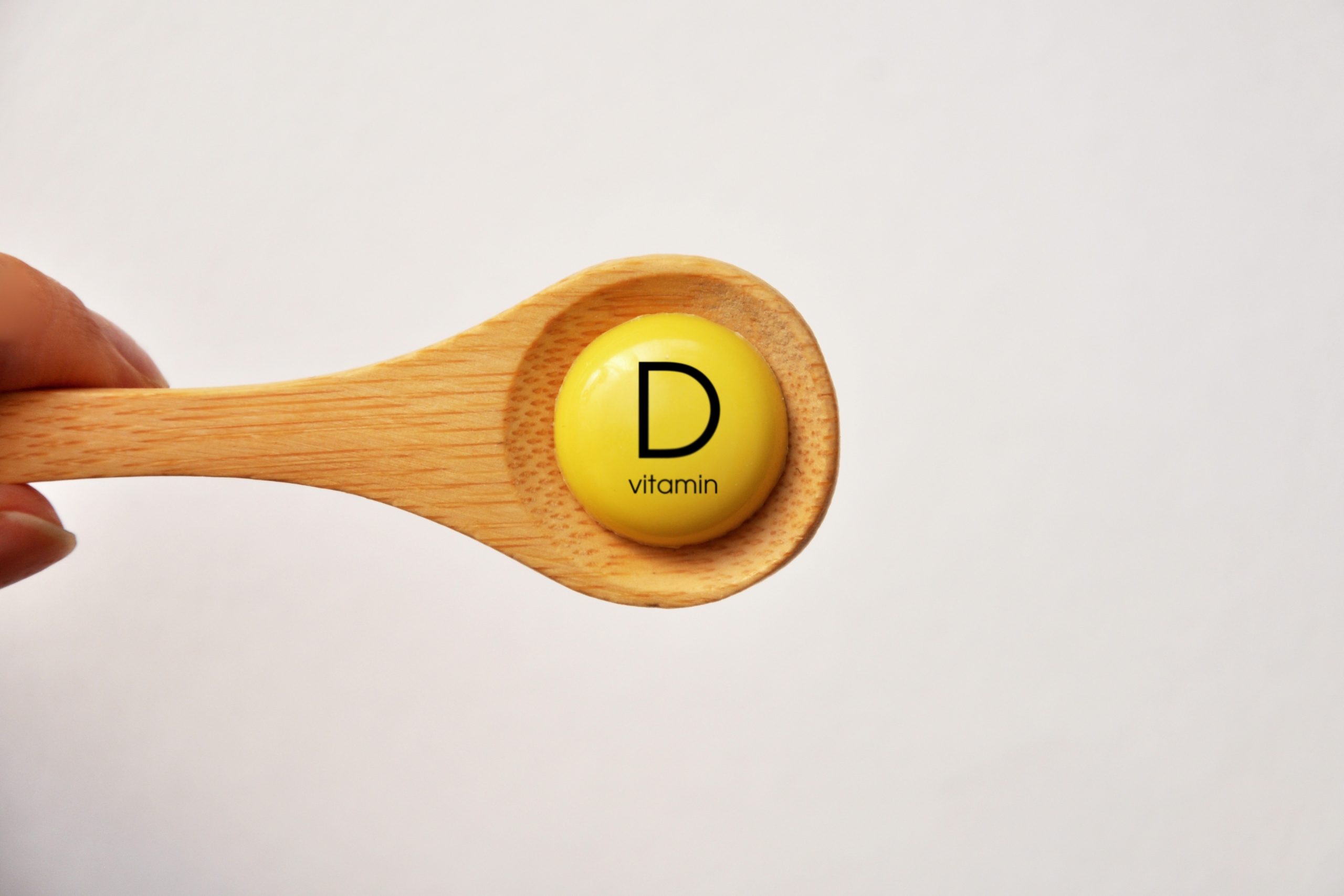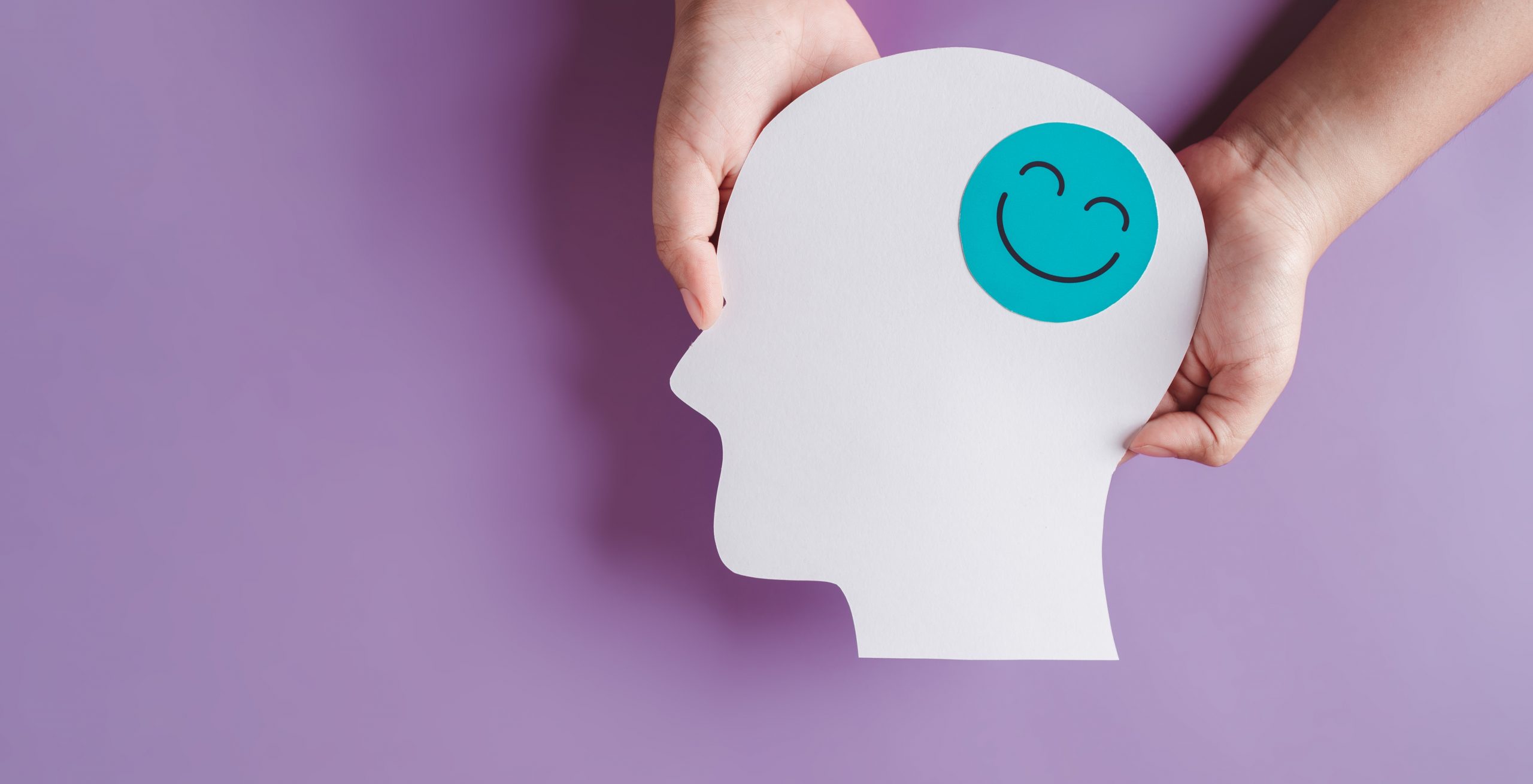Memory is a fundamental cognitive function that allows us to store, retain, and recall information. Whether you’re a student preparing for exams, a professional seeking to enhance your memory at work, or simply interested in maintaining a sharp mind, there are strategies you can employ to improve memory retention and recall. In this article, we explore tips for enhancing memory function.
- Get Sufficient Sleep: Sleep plays a crucial role in memory consolidation. During sleep, the brain processes and stores information, enhancing memory retention. Aim for 7-9 hours of quality sleep per night to optimize memory function. Establish a consistent sleep routine, create a relaxing sleep environment, and avoid electronic devices before bedtime to promote better sleep.
- Stay Mentally Active: Engaging in mentally stimulating activities keeps your brain active and improves memory retention. Read books, solve puzzles, play memory games, or learn a new skill. Continuous mental challenges strengthen neural connections and enhance memory function. Consider activities that require problem-solving, critical thinking, and memory recall to exercise your brain regularly.
- Exercise Regularly: Physical exercise benefits not only your body but also your brain. Regular exercise improves blood flow to the brain, promotes the growth of new neurons, and enhances cognitive function, including memory. Aim for at least 150 minutes of moderate-intensity aerobic exercise per week. Activities like walking, jogging, swimming, or cycling can all contribute to better memory retention.
- Practice Mindfulness and Meditation: Mindfulness and meditation techniques can improve memory and cognitive function. These practices help reduce stress, enhance focus, and improve working memory. Incorporate mindfulness exercises into your daily routine, such as deep breathing, meditation, or yoga. These activities promote relaxation and improve your ability to concentrate and remember information.
- Maintain a Healthy Diet: Proper nutrition is essential for optimal brain function and memory. Eat a balanced diet rich in fruits, vegetables, whole grains, lean proteins, and healthy fats. Include foods that are known to support brain health, such as blueberries, fatty fish, turmeric, and dark chocolate. Stay hydrated by drinking an adequate amount of water, as dehydration can impair cognitive function.
- Use Mnemonic Techniques: Mnemonic techniques are memory aids that help you remember information more effectively. These techniques can involve creating associations, using visual imagery, or creating acronyms or rhymes to encode information in a memorable way. For example, creating a story or vivid mental image related to the information you want to remember can improve recall.
- Break Information into Chunks: When trying to memorize large amounts of information, break it into smaller, manageable chunks. Our brains can process and remember information more effectively in smaller increments. By organizing information into categories or themes, you make it easier for your brain to encode and retrieve the information when needed.
- Practice Spaced Repetition: Spaced repetition is a technique that involves reviewing information at increasing intervals over time. Instead of cramming all your studying or learning into a single session, spread it out over several sessions. This method allows for better encoding and retention of information in long-term memory.
- Utilize Visual and Verbal Cues: Visual and verbal cues can aid memory recall. Create mental associations or link new information to familiar concepts or images. Use visualization techniques to imagine the information you want to remember. Additionally, repeating information aloud or discussing it with someone else can reinforce memory recall.
- Stay Organized: Organizational strategies can help improve memory retention and recall. Keep a planner, use digital reminders, or create to-do lists to stay organized and manage your tasks effectively. This reduces cognitive load and frees up mental resources for better memory function.
- Reduce Distractions: Minimize distractions












